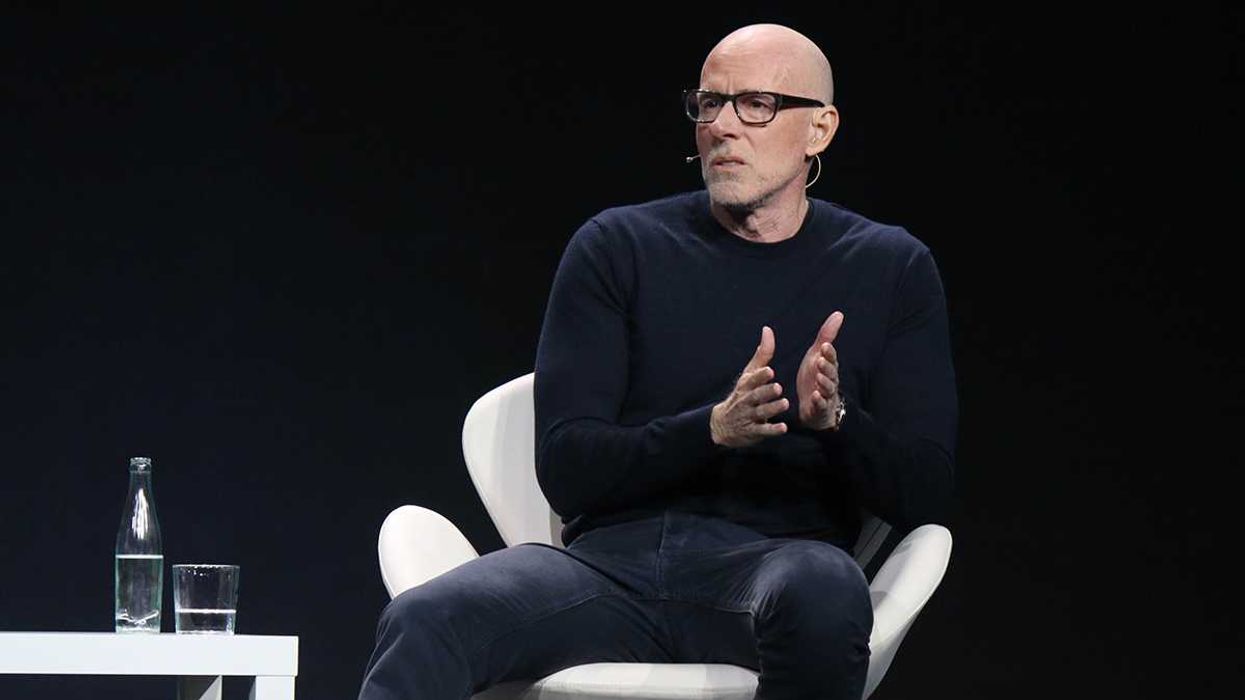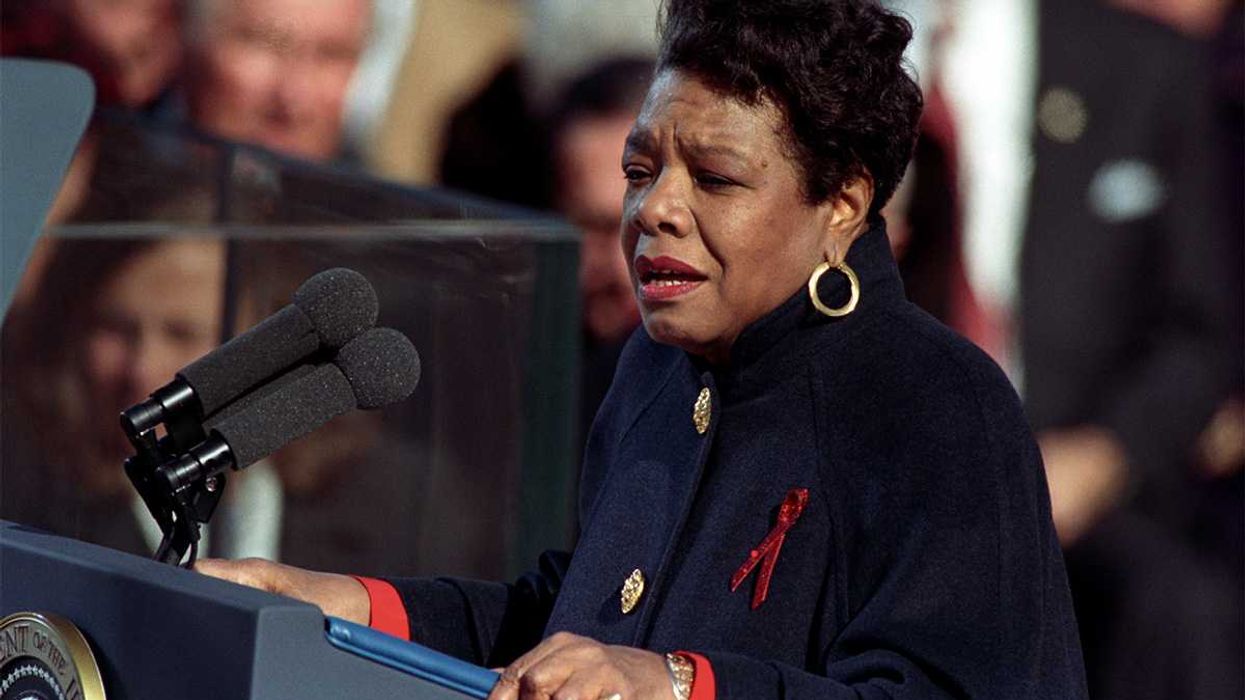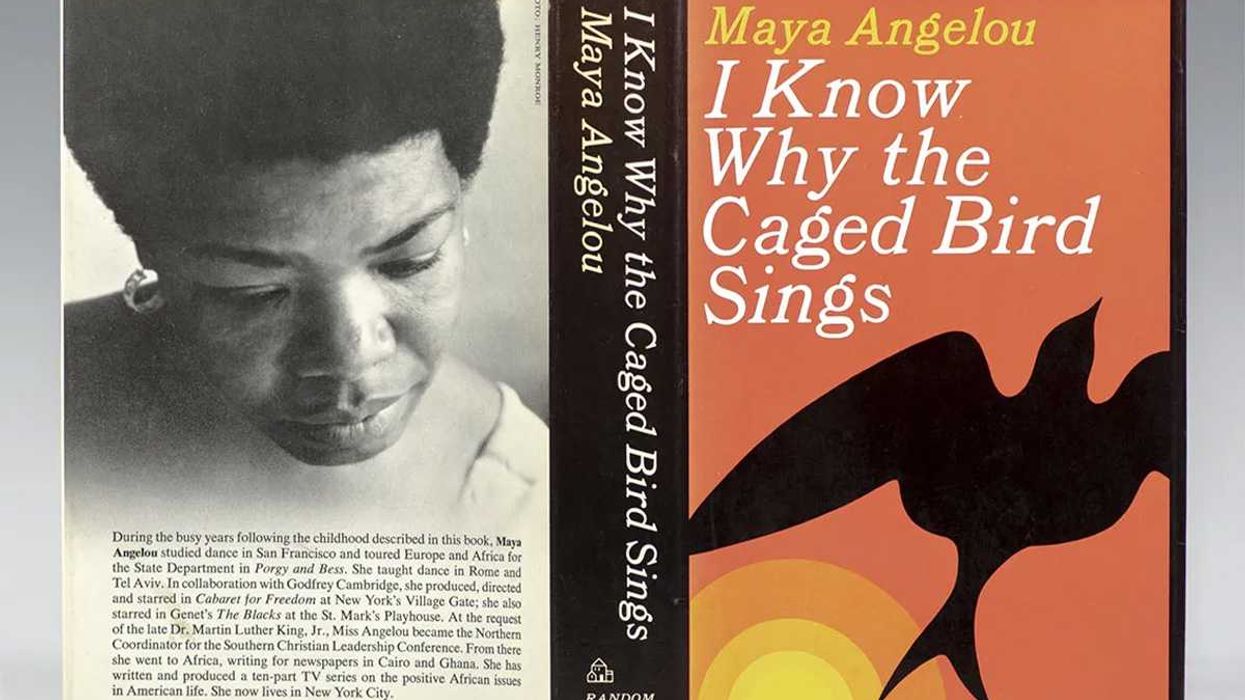As the richest individual on Earth, Microsoft founder, programmer, and philanthropist Bill Gates is hounded for advice on a daily basis. So, from time to time, he drops pearls of wisdom for those looking to follow in his footsteps. On Monday, Gates wrote an essay full of great advice for the graduating class of 2017. In the essay, Gates shares what he wish he knew in college and what he’d do if he was graduating today.
Bill Gates never graduated college, he dropped out of Harvard after just two years. But if he was graduating today, there are three fields he believes are full of opportunity: artificial intelligence, because “we have only begun to tap into all the ways it will make people’s lives more productive and creative”; energy, because “making it clean, affordable, and reliable will be essential for fighting poverty and climate change”; and finally, biosciences, “which are ripe with opportunities to help people live longer, healthier lives.”
In his essay, Gates also shares what he wishes he knew while in college. “For one thing, intelligence is not quite as important as I thought it was, and it takes many different forms,” Gates wrote. “In the early days of Microsoft, I believed that if you could write great code, you could also manage people well or run a marketing team or take on any other task. I was wrong about that. I had to learn to recognize and appreciate people’s different talents. The sooner you can do this, if you don’t already, the richer your life will be.”
Gates also laments that he never truly understood inequality until later in life. His perspective on the world was forever changed after a trip he took to Africa with his wife, Melinda, in his 30s. “We were shocked by what we saw … It blew our minds that millions of children there were dying from diseases that no one in rich countries even worried about,” Gates wrote. “We thought it was the most unjust thing in the world. We realized we couldn’t wait to get involved—we had to start giving back right away.”
Here’s Gates’ essay in full:
Dear Class of 2017:
Congratulations! You’ve just accomplished something I never managed to do—earn a college degree.
Between your commencement speaker and every aunt and uncle at your graduation party, I am sure you are getting a lot of advice. At the risk of piling on, I thought I would share a few thoughts.
New college graduates often ask me for career advice. I was lucky to be in my early 20s when the digital revolution was just getting underway, and Paul Allen and I had the chance to help shape it. (Which explains my lack of a college degree: I left school because we were afraid the revolution would happen without us.)
If I were starting out today and looking for the same kind of opportunity to make a big impact in the world, I would consider three fields.
One is artificial intelligence. We have only begun to tap into all the ways it will make people’s lives more productive and creative.
The second is energy, because making it clean, affordable, and reliable will be essential for fighting poverty and climate change.
The third is biosciences, which are ripe with opportunities to help people live longer, healthier lives.
But some things in life are true no matter what career you choose. I wish I had understood these things better when I left school. For one thing, intelligence is not quite as important as I thought it was, and it takes many different forms.
In the early days of Microsoft, I believed that if you could write great code, you could also manage people well or run a marketing team or take on any other task. I was wrong about that. I had to learn to recognize and appreciate people’s different talents. The sooner you can do this, if you don’t already, the richer your life will be.
Another thing I wish I had understood much earlier is what true inequity looks like. I did not see it up close until my late 30s, when Melinda and I took our first trip to Africa. We were shocked by what we saw. When we came back, we began learning more. It blew our minds that millions of children there were dying from diseases that no one in rich countries even worried about. We thought it was the most unjust thing in the world. We realized we couldn’t wait to get involved—we had to start giving back right away.
You know much more than I did when I was your age. Technology lets you see problems in ways my friends and I never could, and it empowers you to help in ways we never could. You can start fighting inequity sooner, whether it is in your own community or in a country halfway around the world.
Meanwhile, I encourage you to surround yourself with people who challenge you, teach you, and push you to be your best self. Melinda does that for me, and I am a better person for it. Like our good friend Warren Buffett, I measure my happiness by whether people close to me are happy and love me, and by the difference I make in other people’s lives.
If I could give each of you a graduation present, it would be a copy of “The Better Angels of Our Nature” by Steven Pinker. After several years of studying, you may not exactly be itching to read a 700-page book. But please put this one on your reading list to get to someday. It is the most inspiring book I have ever read.
Pinker makes a persuasive argument that the world is getting better, that we are living in the most peaceful time in human history. This can be a hard case to make, especially now. When you tell people the world is improving, they often look at you like you're either naive or crazy.
But it's true. And once you understand it, you start to see the world differently. If you think things are getting better, then you want to know what’s working so you can accelerate the progress and spread it to more people and places.
It doesn’t mean you ignore the serious problems we face. It just means you believe they can be solved, and you’re moved to act on that belief.
This is the core of my worldview. It sustains me in tough times and is the reason I still love my philanthropic work after more than 17 years. I think it can do the same for you.
Good luck to all of you. This is an amazing time to be alive. I hope you make the most of it.

















 Maya Angelou reciting her poem "On the Pulse of Morning" at President Bill Clinton's inauguration in 1993.William J. Clinton Presidential Library/
Maya Angelou reciting her poem "On the Pulse of Morning" at President Bill Clinton's inauguration in 1993.William J. Clinton Presidential Library/  First edition front and back covers and spine of "I Know Why the Caged Bird Sings."Raptis Rare Books/
First edition front and back covers and spine of "I Know Why the Caged Bird Sings."Raptis Rare Books/ 

 Tow truck towing a car in its bedCanva
Tow truck towing a car in its bedCanva  Sad woman looks at her phoneCanva
Sad woman looks at her phoneCanva  A group of young people at a house partyCanva
A group of young people at a house partyCanva  Fed-up woman gif
Fed-up woman gif Police show up at a house party
Police show up at a house party 
 A trendy restaurant in the middle of the dayCanva
A trendy restaurant in the middle of the dayCanva A reserved table at a restaurantCanva
A reserved table at a restaurantCanva Gif of Tim Robinson asking "What?' via
Gif of Tim Robinson asking "What?' via 

 An octopus floating in the oceanCanva
An octopus floating in the oceanCanva
